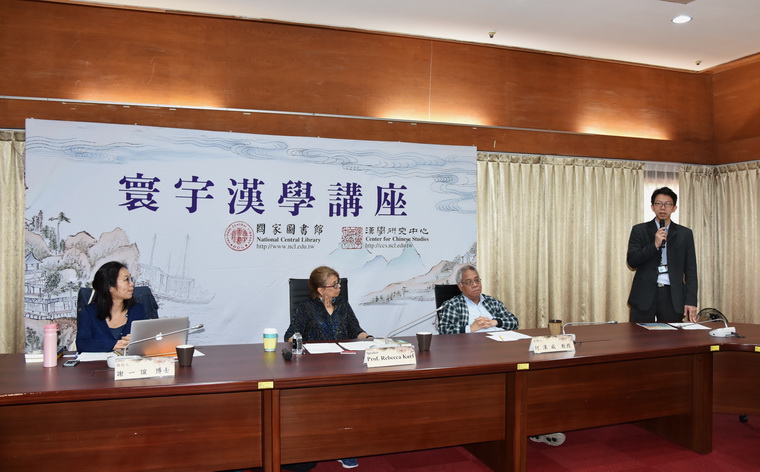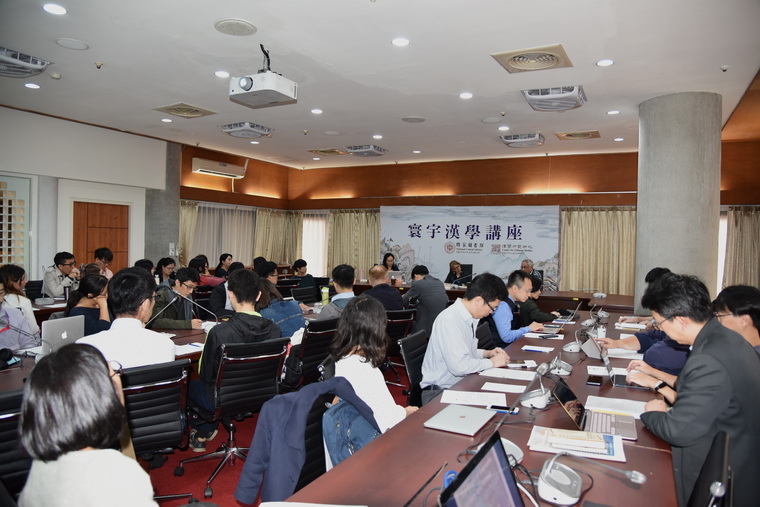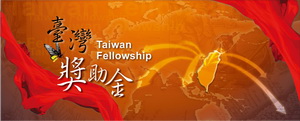On May 8, 2019, the Center for Chinese Studies hosted a session of “Lectures on Global Chinese Studies.” Professor Rebecca E. Karl, Department of History, New York University, was invited to present “The Magic of Concepts: History and Method.” Professor Hon-wai Ho, Institue of History and Philology, Academia Sinica, was invited to host, and I-Yi Hsieh—Karl’s former student, post-doc researcher, Research Institute for the Humanities and Social Sciences, National Taiwan University, was invited as discussant.
The main focus of the lecture was Professor Karl’s recent book The Magic of Concepts: History and the Economic in Twentieth-Century China, completed in 2017. The Magic of Concepts examines the concept of “the economic” in the periods from the 1930s to 50s and from the 80s to 90s, as well as considering how “the economic” is construed by entities ranging from academic organizations to government institutions. In this way, Karl is able to provide a more critical and nuanced account of the relationship between twentieth-century China and the world. Karl looks at two primary tracts of analysis: the first is the currently trending, despite receiving little mainstream attention in the 30s, Austrian School of economic thought. Secondly, the prominent Chinese educator, economist, and former president of Xiamen University, Wang Yanan’s 王亞南 (1901–1969) crticisms towards this school of thought are analyzed.
Professor Wang Yanan disagreed with the de-historicizing methods used by the Austrian School to put events on an even slate and pointed out that all societies possessed their own unique natural conditions as well as spatial and temporal contexts. Thus despite every country discussing “economics,” in reality their methods employed to discuss the subject inevitably differed. With this is mind, Wang proposed the term “Chinese economics.” At this point in the lecture, Professor Hon-wai Ho and Doctor I-Yi Hsieh both added further details on the efforts when the Austrian School was marginalized of noted scholars within the school of thought, such as Friedrich August von Hayek, one of the founders of the Mont Perelin Society.
Beginning with an analysis of an era produced by non-globalized Asian practices in the 1930s and 40s, and then moving to the 50s when CCP socialized economics served as the foundation for nation-building, and finally focusing on shifts in Chinese economics which included capitalism from the 80s to 90s, Professor Karl is able to place Chinese economic history into a global context through an analysis of Wang Yanan. Karl emphasizes that the critical junctures for these conceptual shifts undoubtedly exist within the repetition of concepts. Within this framework, whether the 1949 film Crows and Sparrows—the theme of which centers on the lives of citizens in a KMT controlled area—or the approval shown by economist Wang Luolin 王洛林—son of Wang Yanan—towards both China entering the WTO and free markets at the turn of the millennium, these examples embody the “magic of concepts” which are used to interpret history.












